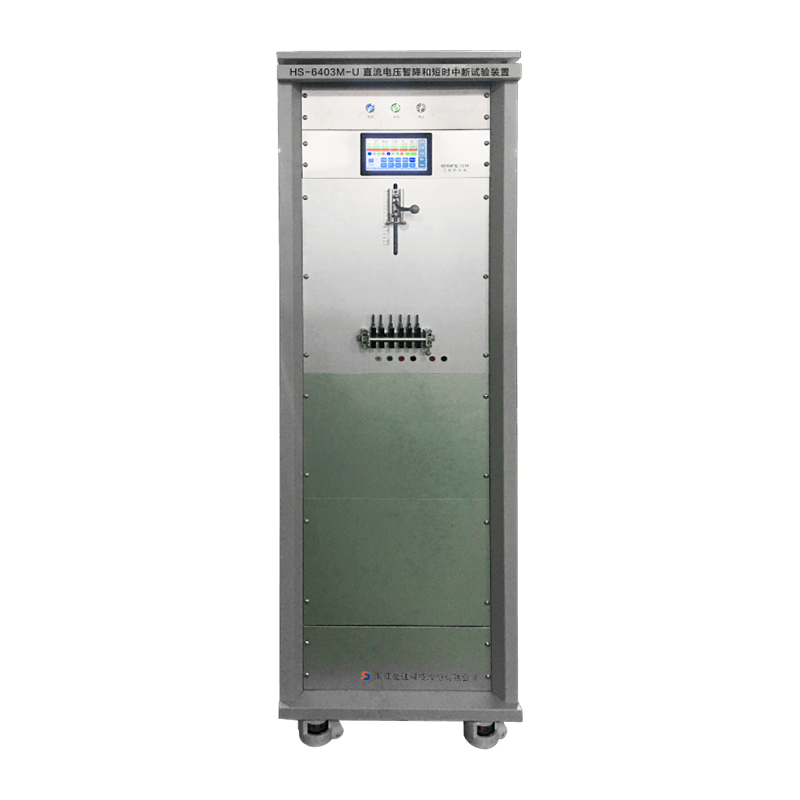Electricity meters are important for monitoring the power system and recording the energy consumption of consumers. As such, they need to be accurate and reliable in order to achieve high compliance standards and deliver quality supplies. This is why meter testing is a critical part of the calibration process for electrical meters.
Besides the basic metering functions, there are also a number of smart meter features that need to be tested and validated. These tests can help utilities and meter manufacturers determine the accuracy of smart meter models and develop better, more scalable measurement methods.
Single-phase Energy Meter Test Bench
As its name suggests, a single-phase meter test bench is a specialized tool that measures and analyzes the accuracy of single-phase electricity meters. This equipment is used by utilities and meter manufacturers to ensure that their meters are accurate, reliable, and durable.
This meter testing equipment can be adapted to different meter types and applications. It includes various features that allow it to be used for a variety of purposes, such as measuring current and voltage, analyzing power flow, and detecting electrical faults.
The Test Bench has a digital power source that is able to use various techniques as digital synthesis, digital frequency modulation, digital amplitude modulation, digital phase shifting and pulse width modulation. It is based on a MCU single chip microprocessor and meets the requirements of IEC 60736/IS12346.
In addition to this, the unit is capable of displaying the output values on an LCD screen for ease of use and a quick visual inspection of the unit’s accuracy. It is also capable of storing data in memory for future reference and analysis.
Test with variable test values
A variable set of test parameters is generated and the corresponding measurements are performed for a specific time period on the test bench. This is done to identify errors in the averaging of the smart meter readings.
These errors can be attributed to a shift in the detection and calculation time of each individual reading. This is especially the case in smart meters with multiple averaging intervals, as is the case in the Elster A1500 model.
Due to the difference in detection and calculation times of each individual reading, these meters can not be accurately averaged without a special testing methodology. This requires a specially designed, automated test framework. This is a challenge for both utilities and meter manufacturers that are looking to reduce cost and improve performance of their smart meters.
